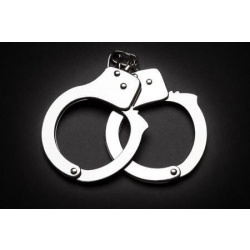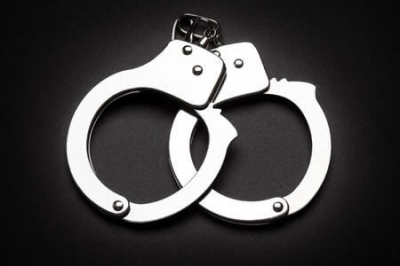
Too many people in prison? Northeast Iowa Peace and Justice Center lecture discusses Mass Incarceration
Iowa Justice Action Network speakers Al and Pam Hays gave a joint lecture Monday at the Northeast Iowa Peace and Justice Center on mass incarceration in Iowa.
The Hays unpacked the history behind the United States' high level of incarcerated persons, and explained some of the contributing factors to the fourfold increase in Iowa prison populations between 1975 and 2005.
The two biggest factors to that increase, according to the lecturers, are continued perceptions of racial superiority that have continued since the abolition of slavery and the War on Drugs, which imposed mandatory minimum sentences for drug offenders.
Iowa has the largest racial disparity in prisons when considering population. Only 3 percent of Iowans are black, but more than 25 percent of Iowa's inmates are black.
The lecturers also noticed that blacks are much more likely to be arrested for minor drug offenses despite studies showing drug use between white and black populations to be essentially equal.
According to the Hays, simply having a large percent of the population in prison is not the only extent of the problem.
"The problem is economic as well," Pam Hays said. "These people can't get education after prison and their economic mobility is limited."
She also noted that keeping people in prison is monetarily inefficient, at the cost of $35,000 a year per inmate.
The lecture pointed out some positive sides to the issue, which have largely been a result of social activism against mass incarceration.
Al Hays noted that our prison populations are starting to decrease in areas, but the conversation about the prison issue is one that is being had all over the country, and he thinks that we will soon see the same result in Iowa.
According to Al Hays, the issue has become less partisan, more people have recognized the racial disparity in our prisons, and more agree about the failure of The War on Drugs.
"No one would disagree that we need the sanctions of the law to maintain order," Al Hays said. "But our sentencing and method for punishments far exceed what is necessary for public safety."
Site designed and maintained by Iroc Web Design Services©.
Your Small Business Web Design Solutions.™


